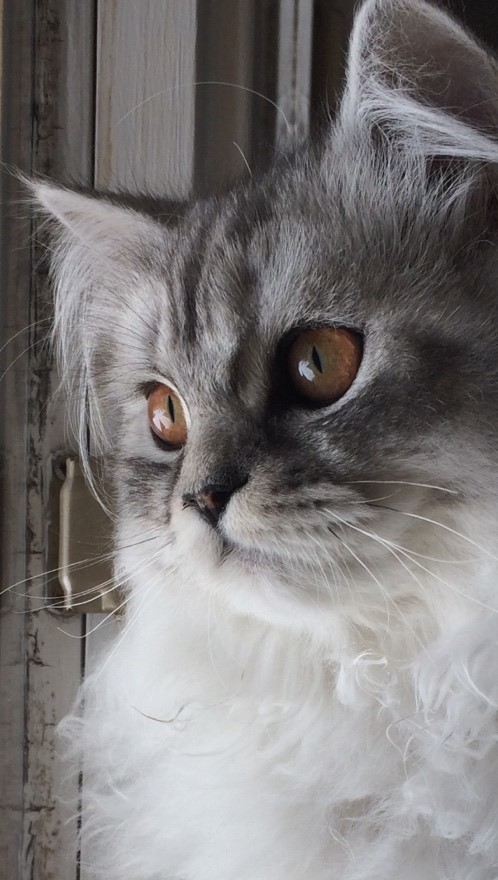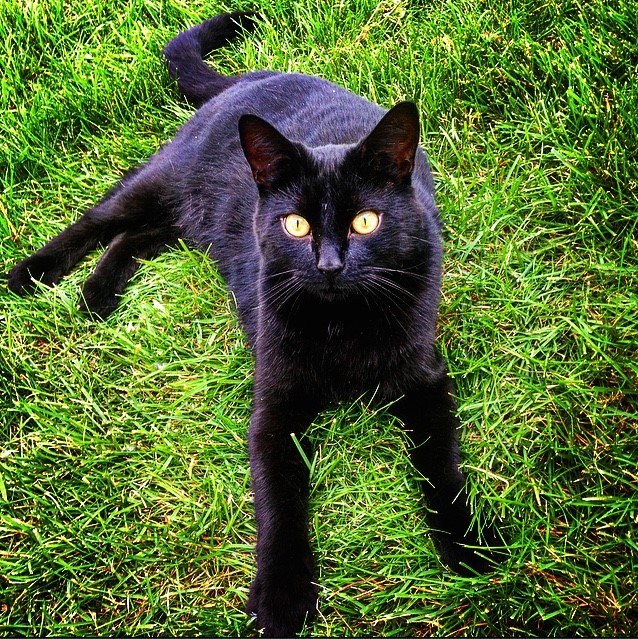Routine vaccination in cats and dogs

That's it ... it's love at first sight. You have seen its big eyes and silky hair and you have fallen in love with a little puppy or a kitten. After a few days getting accustom to the new environment, it is finally time for the new family member to meet the veterinarian. You are then asked a number of questions inquiring about its health and several decisions already have to be made: do you wish to have him dewormed? Do you want to vaccinate him? If yes, against which disease? Do you intend to have it sterilized? Would you like to have a microchip implanted? And depending on breed, screening tests for certain diseases may even be offered to you. Woah ... hello information overload!! I agree, the first appointment with the veterinarian is often so full of information, impossible to remember everything. Let’s try and break down all of this information. To start, let's concentrate on vaccination.
To vaccinate or not to vaccinate? That is the question! Young puppies and kittens have an immature immune system. Having not yet been in contact with many infectious agents in their life, they have not yet developed protection from the potential dangers surrounding them. Their mother will have given them some antibodies to help them defend themselves, but these antibodies do not last long in the animal and the protection provided by the mother decreases rapidly after weaning (separation of the young from the mother). But where do these potential dangers come from? In fact, the mother herself can be the source of an infection for the little ones. Other pets in the house or those met at the park, during obedience classes, at the groomer or at a friend’s, all these animals may be a source of contamination for your own pet. Friends (humans) may also carry infectious agents via their clothes, shoes or hands after contact with other animals.
The concept of vaccination is to inject the animal with a tiny dose of the dead virus - or a portion of the weakened virus - so that its immune system recognizes it. The immune system will then begin to produce antibodies that are like soldiers ready to fight if the disease in question arises. But why do we have to vaccinate animals several times? In puppies and kittens, 1 to 2 boosters should be given one month after the first dose. The number of doses required will depend on the age of the animal at the time of the first vaccination and the veterinarian may decide which protocol to follow.
There are 2 main reasons for the vaccine boosters:
- First, remember that mom passed on antibodies (soldiers) to her babies through her milk. These antibodies are not eternal and are degraded over time, but at the time of the first vaccine there are still some in the baby's system. These antibodies recognize the vaccine as an enemy and destroy it gradually over a period of about one month leaving the puppy or kitten with no protection. This first vaccine, although it will be destroyed, is essential; it helps protect the young one at a time it is the most vulnerable.
- It must also be understood that the production of antibodies costs energy to the animal. So if it never meets the virus (the enemy) in its environment, it will stop producing antibodies against this virus. On the other hand, if we present it again with the virus, a few times on a short period of time, its immune system will remain on its guard and will continue to produce antibodies in case the disease returns to the environment. Thus, the vaccine must be repeated a month later.
What about after? Do our pets need vaccinations every year? This has been the case for a very long time. Each vaccine was repeated every year to be certain of its effectiveness. Studies dating back a few years now have shown that some vaccines (not all) have a prolonged effectiveness (up to 3 years) if a rigorous vaccination had been practiced for several years. Thus, if the animal has always received his vaccines, it can from the age of 2 years receive some vaccines every 3 years (including the core vaccine). However, not all vaccines are effective long term and some need to be repeated each year to maintain the protection of the animal. Obviously, each patient is unique and the final decision to use a vaccine or another comes from your veterinarian who acts in the best interests of your companion
And should my pet receive all the vaccines? There are a multitude of vaccines, and each must be administered to animals at risk of coming into contact with these diseases. Each case is evaluated individually and only the necessary vaccines will be administered according to the risk of exposure of your animal. Here is a list of vaccines most commonly administered and that could be offered to you :
Dogs:
* DHPP (Core vaccination: Distemper, Viral hepatitis, Parvovirus, Parainfluenza)
* Rabies
* Kennel cough
* Leptospirosis
* Lyme’s disease
Cats :
* PRCC (Core vaccination : Panleucopenia, Rhinotracheitis, Calicivirus, Clamydia)
* Feline leukemia
* Rabies
Are there risks associated with vaccination? These are minimal. Moreover, the benefits of vaccination far outweigh the risks associated with it. More commonly, side effects occur during the 24-48 hours following vaccination and are minor. Most animals will be calmer and sleep a lot, some will eat less, while others may even have watery eyes/nose and sneezing. In rare cases, some animals will have swelling of the face, but this does not endanger their lives. A reassessment by your veterinarian will allow starting a treatment to restore the situation. More severe reactions are extremely rare (almost non-existent) and usually occur within minutes of receiving the vaccine. Vaccines thus remain a very safe and effective mode of preventing diseases.
Why vaccinate against rabies if my pet does not go outside? In some provinces, the rabies vaccine is mandatory. This is the case with our neighbors in Ontario. In Quebec, it is not mandatory, but we strongly recommend it. Even if your pet stays inside, no one is safe from it running away during a moment of inattention. Your pet may then be exposed to wild animals that may be contaminated with rabies (raccoon, skunk, bat, squirrel, etc.). Although rabies is not common in Quebec, it is indeed present. Unlike other diseases for which we can vaccinate, rabies is fatal in all cases. There is no cure for this disease if your pet contracts it, or if you contract it yourself. In itself, the death of the animal is a very sad event, but much worse would be the consequences in the event that your animal bit a human, transmitting rabies. Thus, by vaccinating our pets against rabies, it is mainly the humans surrounding this animal that we seek to protect.
Remember that each animal is unique and that it is by talking with your veterinarian that you will be able to agree on the best care for your pet’s particular situation. Thus, if you still have questions about vaccination we strongly invite you to discuss it with your veterinarian the next time you meet.

